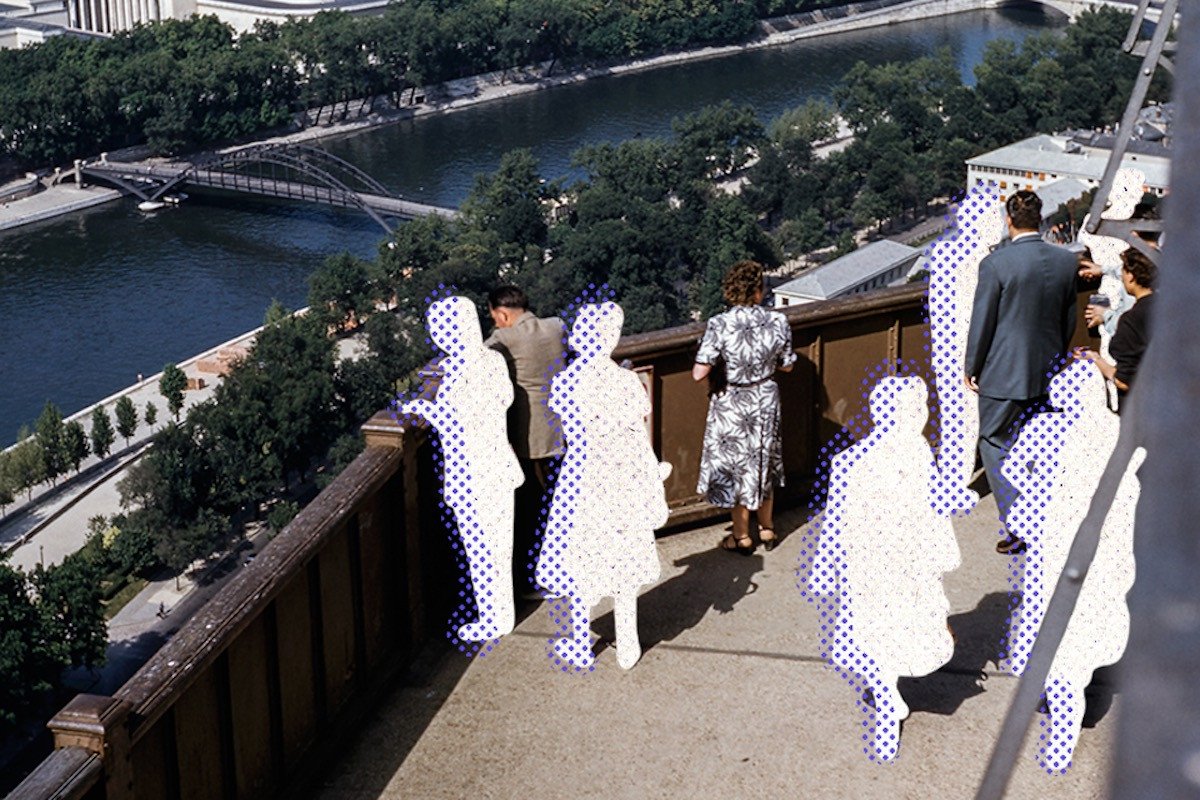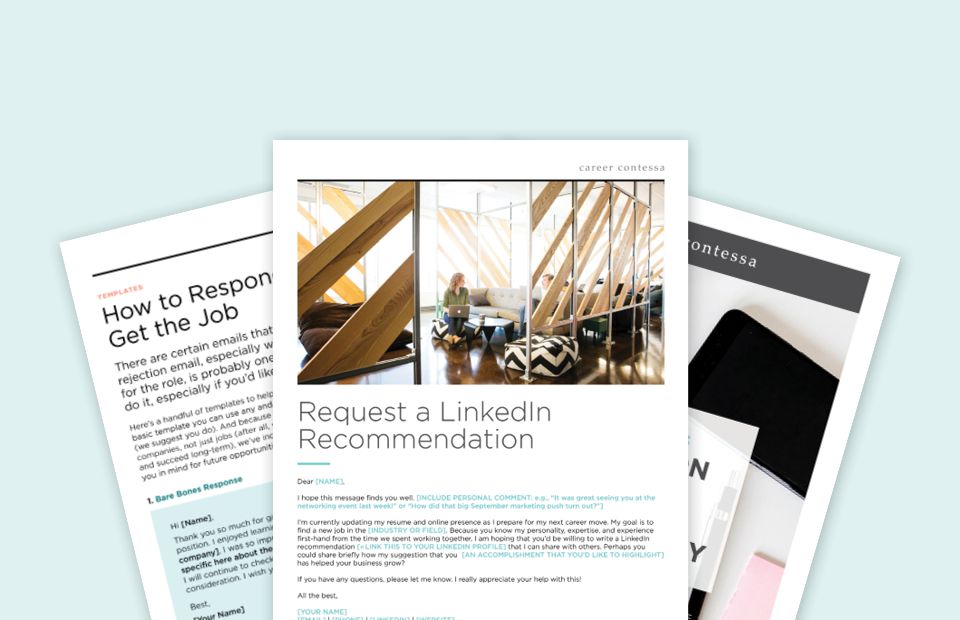So, you’ve made it past the initial screening, and you scored your first interview with your dream company. You're almost in the door, right? Not really.
You have your first interview, and the company informs you that there will be multiple interview stages for candidates before an offer is made—you’re told that you will first meet with a recruiter, then the hiring manager, and then several more interviews with senior leaders in the company.
Multiple interviews can make one feel depleted. Here's what an interview process can look like:
- Preliminary Recruiter Call
- Phone Interview
- Video Interview
- On-Site Interview
- All-Day On-Site Interview
- Project Completion
- Final Interview
The Multi-Stage Interview Process is a Candidate Pressure Cooker
The constant pressure to give appropriate and pleasing answers on multiple occasions can leave you feeling both accomplished and incredibly fatigued.
Workplace burnout is a widely-known phenomenon—similarly, as we experience expected pressure to overperform in interviews, this can lead to dissatisfaction, and decreased effectiveness, and lessened performance.
Studies show that with the onset of COVID-19, and racial and social unrest—people are experiencing more
work-related stress and familial stress. Some employers have remained oblivious to this reality and lack situational awareness to understand how potential candidates are even more taxed and burnt out.
According to research, the
average employee stays productive for less than three hours a day, regardless of how much time they spend at work. Unfortunately, we’ve failed to take note of how performance can be diminished if interviews are drawn out over an extended period. With the advent of technology, companies are now able to discover new talent more efficiently and connect with potential job candidates more effectively.
So, if employers want to create an equitable and enjoyable hiring process—it’s about time we eliminate multi-stage interviewing, and here’s why.
1. Quality candidates can be eliminated due to interviewer bias
Interviewer bias refers to the human error of holding preconceived judgment about the interviewee, consciously or unconsciously, that clouds your evaluation of the candidate, negatively or positively, making the interview less objective. For companies that institute more than three stages in the interview process, it is often common for them to have a different person leading each interview independently.
There is nothing wrong with getting feedback from multiple people at a company about a candidate’s readiness for a job, but there is a danger in having too many people responsible for rating the candidate.
If companies are treating each interview as a stand-alone, independent interview, and not triangulating data with other interviewers or evaluating the candidate in conjunction with other information—this is likely to lead to
interviewer bias. Interviewers can hold various gender or racial biases or generalize based on the candidate’s responses. Interview biases result in more homogenous workplaces, and this can lead to diminished productivity and stagnation in a given company.
It’s important that employers encourage interviewers to have a heightened awareness of their biases and keep detailed notes. Many companies have also reported automating parts of their interview process to eliminate human error and bias, and this can be done by instituting assessments, or written exercises.
2. Interview Fatigue is real
You’ve probably had an experience where the first interview goes amazing, but you notice that as you progress and meet with other members in the company, your performance diminishes, or perhaps even your interest in the company begins to wane.
Some companies will institute a multi-stage interview process, and many of the questions across each interview do not differ substantially. Having a candidate answer the same question twice can be a sure way to
create interviewer fatigue and disinterest.
The interviewer may get the impression that the company does not communicate or share information well. It’s also important for interviewers to understand that candidates process and present information in different ways—some candidates perform exceptionally well in oral interviews, while some candidates may be stronger when performing written assessments.
For candidates who are juggling full-time employment while interviewing for a new opportunity, they have to coordinate interviews around their work schedule—and this can be challenging and very difficult. Shortening your interview process communicates that you have empathy and that you understand that candidates have full and busy lives that deserve consideration.
For senior leadership roles, two to three interviews should be the max, and for more mid to entry-level roles one to two interviews is sufficient, especially if companies are intentional about the questions they ask, and the purpose of each of these interviews
3. Extending the process weeds out quality candidates with multiple job prospects
According to a
TopResume survey, more than 70 percent of the employed respondents said that they were in an “open relationship” with their job; they were open to new job opportunities if they were to arise. This means that not only is competition extremely fierce, but most people are choosing to increase their chances of getting a job by applying to multiple companies.
It’s widely known that companies have different hiring timelines—some job searches may take a few weeks while others may go on for months. For candidates involved in an interview process, it’s important for employers to understand that these candidates are likely involved in multiple interviews and could be evaluating multiple job offers. When companies add multiple interviews, it only extends the process and may weed out candidates with multiple job prospects.
In Conclusion: The Job Interview Is For Everyone's Assessment
Companies often forget that interviews aren’t simply an opportunity for employers to evaluate and assess a candidate’s readiness for a given position; it
also provides candidates an opportunity to assess whether they have a future with the company.
The interview process gives candidates a firsthand insight into the
work culture. If you want to secure talented candidates, there is no need to exhaust and overburden them by a long interview process. Acknowledge and show that you value their investment, demonstrate empathy to the unprecedented times that we’re in, and most importantly respect their time.











